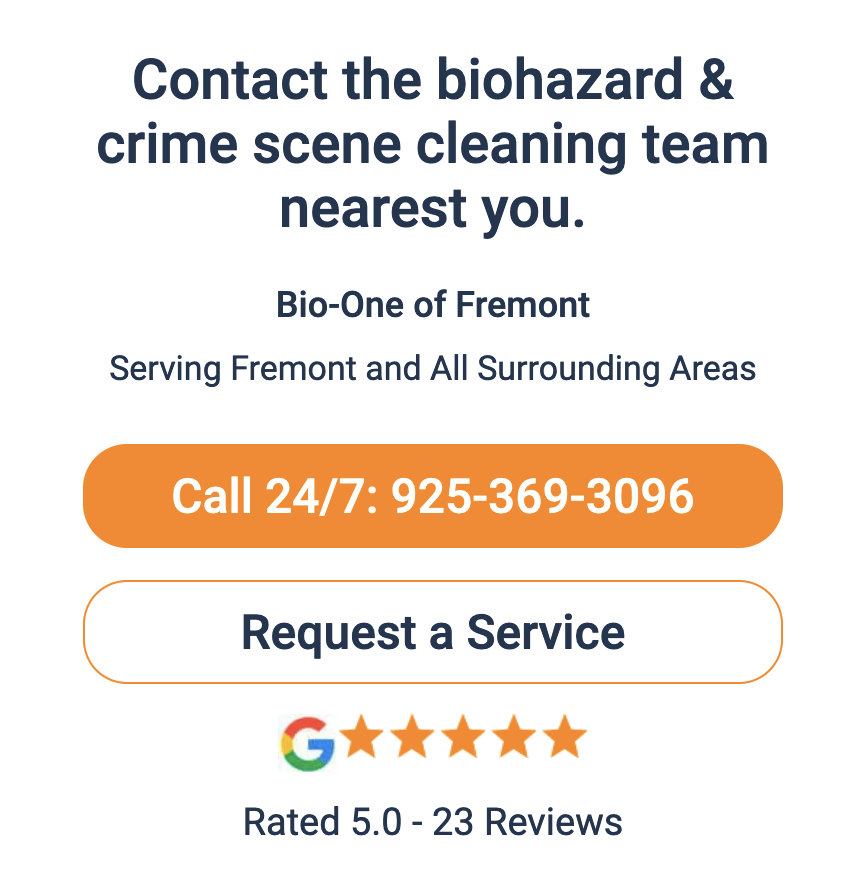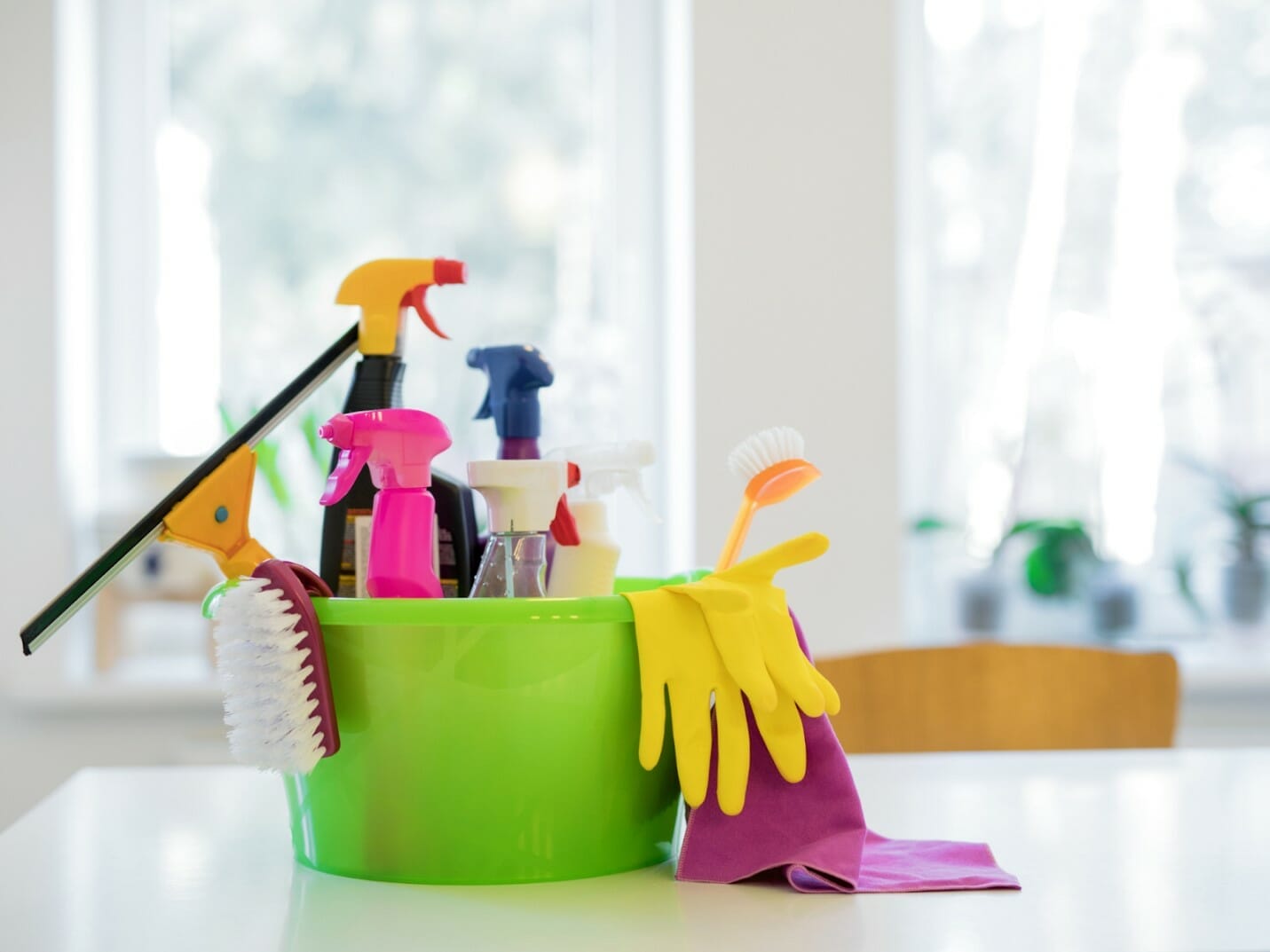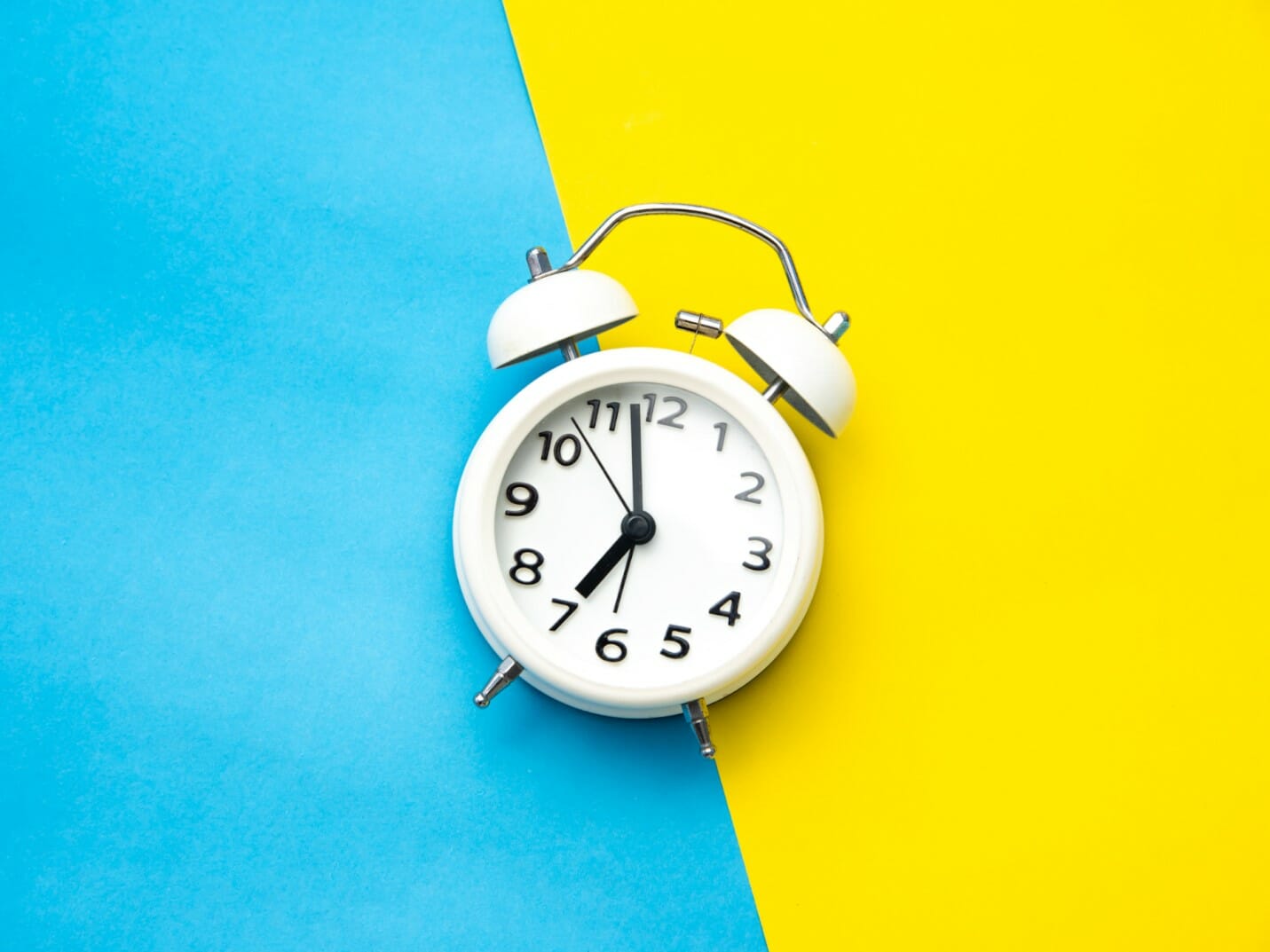The origins of crime- and trauma-scene cleaning services can be traced back to the 1990s when only a handful of companies operated in this industry. At that time, the field lacked regulation, and awareness of contamination risks was minimal.

"I was young and inexperienced and found myself in a situation straight out of a movie. I quickly took action to assist a woman in her time of dire need, and that's how I entered the crime scene and cleaning business," shared Nick-Anthony Zamucen, Founder of Bio-One Inc. Read more about Nick's journey in Franchise Times.
Today, the landscape has changed dramatically, with hundreds of companies advertising crime and trauma scene cleaning services. However, navigating through this multitude of options during one of life's most traumatic moments can be overwhelming. To help you make an informed decision, we've compiled a list of questions to ask before selecting a crime and trauma scene company.
When evaluating crime and trauma scene cleaning technicians or business owners, asking the right questions is crucial to finding the best fit for your needs and circumstances.
Above all, ensure that the company you choose demonstrates care and compassion for your situation. Their primary focus should be on providing support and assistance to you and your loved ones during this challenging time.
If you're in need of a compassionate and professional crime and trauma scene cleaner, Bio-One Fremont is here for you. All our offices operate by the motto "Help First, Business Second" and are available 24/7. Reach out to us or click here to locate a Bio-One team near you.


Whether or not you’ve actually done it, spring cleaning is backed up by centuries of tradition. Many cultures bring a spring cleaning period into their yearly rhythms. For all cultures, the kickoff for spring cleaning is marked by longer days and more sun.
As sunlight hours increase, our bodies produce less melatonin, helping us feel more awake after months of cozy winter slowness. We also have more daylight to accomplish tasks we’ve been putting off.
Even if spring cleaning isn’t part of your personal yearly traditions, you can start now.
With so many blogs, books, and shows promoting organization, resources with ideas are everywhere. Keep reading to learn about our favorite spring cleaning strategies.

The most important step is knowing where to start. Take a walk around your house and decide what needs attention first.
If you’re a list-maker, you can write down your plan of attack. (Or you can just follow the messy vibes.) Knowing your focus makes it easier to jump in and get the work done.
You can also make a list of which days you want to accomplish certain tasks. Choosing just one room, drawer, or cupboard that you want to clean each day can make the entire process less overwhelming. The important thing is that you are moving forward!
It’s hard to clean when you don’t have what you need.

Make sure any cleaning tools or chemicals you need are in an easy-to-find place. It can be helpful to have a caddy or bucket that you can bring from room to room.
Make sure you have what you need, but don’t go overboard. It’s easy to turn a need for supplies into a shopping trip or a reason to procrastinate.
Don’t fall into that trap!
If you don’t have what you need to deep clean today, you don’t have to wait to get started. You can still put items away or, better yet, find items to get rid of.
Most of us don’t have the time or the desire to go on a cleaning rampage. We have limited time and many responsibilities. (But if you’re a person who works well by focusing and cleaning all day, more power to you!)

For the rest of us, setting a timer can be an effective way to get your spring cleaning done, a little bit at a time. Choose an area to clean and a set amount of time (we suggest starting with just 15-20 minutes). Get your timer going and then work hard until it goes off.
Go back to the same area each day with your same timer strategy until it’s clean. Only then is it time to move on to the next part of your home.
Bit by bit, the mess will disappear.
Having a clean home is its own reward, but building some kind of treat into the process always helps. Here are some ways to treat yourself:

Just be cautious about buying yourself something as a cleaning reward.
Often, having too much stuff is the reason our homes get out of hand in the first place. Try to find some other way to pat yourself on the back.

Scientific research shows that making our dreaded tasks into games can help us be more productive and motivated. There are many apps available that reward users for their accomplishments by letting them progress in a game or giving them a virtual gold star.
You don’t need an app to gamify your spring cleaning, however. There are dozens of analog ways to make cleaning into a fun challenge. Here are a few of our favorites.
Brackets are everywhere in the spring, and you can use them to motivate yourself even after the March Madness finals. Download a bracket and fill it out. There are a number of ways you could apply this to spring cleaning:
The ultimate challenge winner gets to decide where everyone goes out for dinner or a treat.
Sometimes, we have so much stuff it’s hard to know where to put it or keep our spaces clean. With the 4-Box Technique, you’ll take four boxes into a room and label them:
Go through the space and categorize all the items that don’t belong in that space (the ones that do belong can be put away immediately).
The trick here is to make sure you deal with your four boxes right away. Don’t let boxes pile up in your home.
Put the stuff you’re keeping in the right place:
For days when you’re overwhelmed or short on time, the 21-Item Toss is the perfect way to get a little bit of decluttering done in as little as 5 minutes.
Grab a garbage bag—or one of the plastic grocery bags so many of us stow under the sink. Walk through your home and find 21 things to throw away. You can gamify it by timing yourself.
Don’t think too hard—if you don’t use it or need it, out it goes!
If you feel like you can’t deal with your home situation on your own, Bio-One has your back. Our discreet team of compassionate, expert cleaners can help you with your home situation—no mess is too big.
Call us today for a consultation.
Gary Maxey in Savannah recently cleaned homeless veteran's tiny homes. This is part of a tiny house project in Savannah, Georgia where tiny homes are provided for homeless veterans either permenantly or as a transitional place. At Bio-One, we are honored to be a part of causes like this. We are here to help and love when we can help make a difference.
If you know of someone in need of our services, please take a look at our locations to find the nearest Bio-One office near you. Stay safe!
Huge thank you to Cheryl Chiasson for sharing your knowledge and giving a couple of owners an opportunity to experience a hoarding job while in Denver! We love when trainees go out on job scenes and have the opportunity to chat with local offices!
If you know of someone in need of our services, please take a look at our locations to find the nearest Bio-One office near you. Stay safe!
Time for spring cleaning! Don't let this scare you, this is a time to purge and freshen up your space!
Here are 20 things to throw away right now:
1. Shoes you don't wear
2. Old makeup or bathroom products
3. Expired coupons
4. Cords that you can't identify
5. Tupperware lids that have no match
6. Old toothbrushes
7. Socks with no match
8. Dried out markers and pens
9. Unused mugs
10. Unused instruction manuals
11. Shopping bags you've convinced yourself you'll wrap a present in
12. Foods spoiling or collecting freezer burn
13. Old receipts
14. Paperwork you don't need anymore
15. Excess holiday decor
16. Wire hangers
17. Appliances you don't ever use
18. Travel toiletries stolen from hotels
19. Broken things you won't be fixing
20. Old magazines
If you know of someone in need of our services, please take a look at our locations to find the nearest Bio-One office near you. Check out our services.